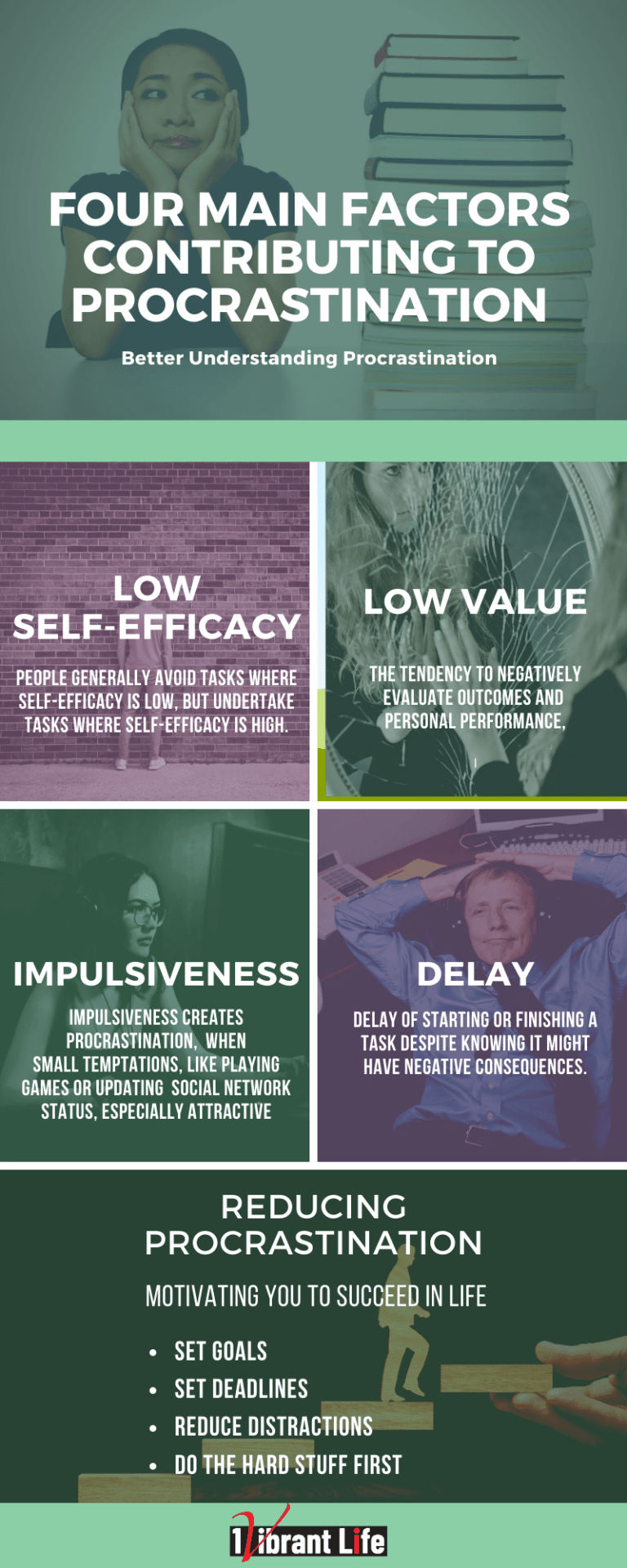Discover What Motivates You to Succeed in Life
In this article, we will drill down into what motivation is, and hopefully help you discover what motivates you to succeed in life, and how you can make motivation work for you.
Overcoming Limiting Beliefs

“If one advances confidently in the direction of his dreams, and endeavors to live the life which he has imagined, he will meet with success unexpected in common hours.” ~ Henry David Thoreau,
Claire Law | December 9, 2020
Understanding what motivates you to succeed in life
You know you want to succeed in life. Annoyingly, the formula to that success can feel mysterious and enigmatic.
Motivation is part of the answer, for sure. Yet, procrastination, doubt, and confusion can interfere with motivation so that any drive dissipates, trickling through your hands like sand.
We’ll consider how motivation can spur you to success and mastering excellence. Motivation describes the reason behind our actions.
Derived from the word motive, motivation impacts what we do and how we perform those actions and behaviors. Our motivation is individual and intrinsically linked to our culture and upbringing and the messages we internalized as a child.
Awareness of what spurs us on, therefore, is a powerful self-development tool and opportunity. Understanding what motivates and inspires us to succeed in life helps us exploit our own abilities and potential to the max.
“Logic will take you from A to B. Imagination will take you everywhere” ~ Albert Einstein
Procrastination: The Enemy of Motivation:
Procrastination is the very opposite of motivation. When there’s a deadline to meet or a task to complete, procrastination can stop us from getting started or avoiding finishing a particular task. Procrastination is a common human experience.
People often report procrastination in relation to things they’d rather avoid, such as chores, having that difficult conversation with a colleague, or finishing the assignment.
Procrastination, however, is not the same as being lazy. Procrastination is an active process – you choose to do something else instead of the task you know you should be doing.
In contrast, laziness suggests apathy, inactivity, and an unwillingness to act. Scientists have been studying what causes or leads to procrastination.
An important piece of research, “The nature of procrastination: a meta-analytic and theoretical review of quintessential self-regulatory failure,” published in 2007, looked at almost 700 research studies to combine the ideas and findings to ascertain the factors that increase the tendency towards procrastination.
This study identified four main factors that contribute towards procrastination: low self-efficacy, low value, impulsiveness, and delay.
Self-efficacy relates to how effective a person believes they are. When we have low-self efficacy, we don’t have much confidence in our ability to complete a task or complete it well.

eBook

Audio eBook

eBook
Three personal growth tools for you as a gift for visiting 1VibrantLife.com
Four Main Factors contributing to procrastination.
Low self-efficacy
can be a vicious circle. When we procrastinate because of low self-efficacy, we can feel less motivated and less capable, resulting in reduced self-efficacy. Being a perfectionist can also mean we feel a low sense of self-efficacy that results in procrastination.“low value”
Is the aspect of procrastination described that refers to the way in which we cognitively assess the importance of a task. When we judge a task to be of low or little value, we have low or little motivation to tackle that task.Impulsiveness
refers to the way in which we relate to distractions around us. When we are in an environment with lots of distractions, or we are especially vulnerable to distraction and resisting temptation, then we’re much more likely to procrastinate and be less motivated to stick at something.Delay
is the final aspect of procrastination identified by the 2007 study. Our sense and evaluation of how long we have to complete a task impact our tendency to procrastinate.

The longer we believe we have to complete a task increases the likelihood that we will wait to get started on it. A shorter time frame means we are statistically more likely to be motivated to get going.
A helpful self-development and self-awareness task can be to consider the role procrastination plays in our own lives and what factors increase our personal tendency to procrastinate, and, as a result, hamper with our motivation.
Once we understand our procrastination tendencies, we can take action and thereby increase our own motivation.

“Many of life’s failures are people who did not realize how close they were to success when they gave up.” ~ Thomas Edison
No Pain, No Gain?
Having spent time considering the factors behind procrastination, let’s focus our attention on motivation itself.
Here, we turn to the ancient wisdom of the Greek Philosopher, Socrates. Somewhere around 470–399 BCE, Socrates spoke about the human tendency to act in a manner that will maximize pleasure and minimize pain.
This is an essential lesson in the art of motivation. We are motivated to avoid pain and move towards pleasure. Another way to consider this is with the “carrot and stick” paradigm. A donkey, fully laden, can be motivated to continue plodding onwards by the promise, or reward, of a carrot.
Likewise, avoiding the punishment of being beaten with a stick might also factor in as a means to ensure the poor donkey keeps moving onwards. And, so, too, with humans.
We are motivated to approach positive goals and motivated to avoid negative outcomes.
There is a helpful lesson there for our own personal development: when considering your own motivation for a given task – consider the positive outcomes of achieving this as well as the negative consequences of failing to meet the deadline.
It may just prove to be the motivation that makes the difference.

Only $7.99
Limited Time Offer
Plus Two FREE Bonus Ebooks
Boost Your Self-Confidence, Self-Esteem, And Self-Image By Identifying And Overcoming Limiting Beliefs
✅ Build More Confidence
✅ Create Fulfilling Relationships
✅ Increase Your Self-Esteem
✅ Renew A Passion For Life
✅ Improve Sense Of Well-Being
✅ Turn Self-Doubt into Self-Belief
✅ Reduce Worry, Stress, Anxiety

“Man is a goal seeking animal. His life only has meaning if he is reaching out and striving for his goals.” ~ Aristotle
Unmet Needs
When considering what motivates us to succeed, the thinking of American psychologist, Abraham Maslow, is helpful.
In his famous 1943 paper “A Theory of Human Motivation“, Maslow argued that humans are motivated to meet basic physical needs first before then seeking to meet their psychological needs.
In other words, human beings are first motivated to meet their own basic and then more complex needs. It may be that certain basic needs went unmet as a child.
In which case, according to Maslow, your current behavior may lead you to subconsciously be drawn towards meeting such unmet needs.
These might include the need for affirmation, approval, or status. If you sense you are motivated by a desire to influence and impress those in power, it may signal an unmet need for approval.
If you sense that providing for your family motivates you now, it may signal an unmet need for security. Awareness is the tool that makes the difference here.
Bringing unmet needs into consciousness means you have greater self-awareness and greater choice as a result.
Such awareness means you can make your unmet needs work for you and motivate you towards what success means for you.

“We are what we think”.
Buddha
Discover Your Motivating Desire:
Much of what we’ve discovered in this article about motivation suggests that self-knowledge and self-awareness are essential to understanding what it is that spurs us on as an individual.
We’ve seen how we are both motivated to avoid pain and also motivated to move towards pleasure.
It’s helpful, then, to consider the work of American psychologist Steven Reiss when we think about motivation.
He identified and described 16 basic desires or needs that humans exhibit.
16 basic desires or needs that humans exhibit.
| Basic Desire | End Goals |
|---|---|
| Power | Achievement |
| Independance | Freedom, Ego, Integrity |
| Curiosity | Knowledge, Truth |
| Acceptance | Positive self-image, self-worth |
| Order | Cleanliness, Stability, Organisation |
| Saving | Collection, Property |
| Honor | Morality, Character, Loyalty |
| Idealism | Fairness, Justice |
| Social contact | Friendship, Justice |
| Family | Children |
| Status | Wealth, Titles, Attention, Awards |
| Vengance | Winning, Aggression |
| Romance | Beauty, Sex |
| Eating | Food, Dinning, Hunting |
| Physical exrescise | Fitness |
| Tranquility | Relaxation |
Understanding what motivates us as a unique individual could be as simple as selecting which of Reiss’ 16 desires seem most pertinent to us, and then use these to form our own goals and targets.
Perhaps we most desire power, romance, or order.
Or possibly we desire independence, tranquility, or even vengeance above all other wants.
A study of Reiss’ model, along with self-reflection, can help us to drill into our own unique motivation.
The journey towards success is made simpler and less tedious when we begin to identify our own unique motivation and what it is in life that spurs us on.
Discovering this means we are less likely to procrastinate and delay the mastery and excellence that could be ours.
Reflecting upon what we want to avoid is as important as what would bring us pleasure.
Our unmet needs and that which we desire are also ways we can tap into what motivates us.
Self-development, self-reflection, and self-awareness can help to illuminate motivation for us.
Are you motivated to look inwards to discover that which can move you forwards in life?

Claire Law is a UK-based Counsellor and Psychotherapist from Preston, Northern England. Claire became a therapist after a career of almost two decades of High School teaching experience. She’s also worked extensively in the Social Care and Charity Sectors, and as a Mental Health Advisor in Higher Education. Claire combines her current Psychotherapy practice with freelance writing on Mental Health, well-being, and Psychology topics. She has a passion for Social Justice and environmental causes.
Claire holds a degree from Nottingham University, a Post Graduate Certificate in Education from Leeds Trinity University College, and a Post Graduate Diploma in Integrative Psychotherapy from the University of Central Lancashire. She’s completed a wide range of extensive training and certifications in Domestic Abuse, Survivors of Sexual Abuse & Sexual Violence, Suicide and Self-Harm, Expressive Arts Therapy, Gender Variance, Online and Telephone Counselling and Polyvagal Regulation developed by Stephen Porges, a professor of psychiatry at the University of North Carolina and “Distinguished University Scientist” at Indiana University.

My Name is Marty Ward and I’m the creator and publisher of the 1-Vibrant-Life blog.
At the age of 26, in 1984, I was injured in a car accident in which I sustained a traumatic brain injury.
At the time of the accident, I was having a fairly successful life as a musician in Chicago, which included a recent appearance on Star Search 84′ with Ed McMahon and preparing to be included in a group major independent recording contract.
However, after my accident, I was unable to perform or play my instrument. I was out of work and I had lost all confidence in myself and my abilities, felt lost and with no direction.
My injury and my recovery led him down a path of self-improvement, and self-discovery which gave me my life back filled with many amazing experiences and a newfound sense of hope. Learn more about my story on the 1-vibrant-life about page.
CBTCP Certification (Cognitive Behavioral Therapy Certified Practitioner) | 10-16-2021 Certification From The Academy of Modern Applied Psychology, in The Transformative Science of Cognitive Behavioral Therapy, CBT

